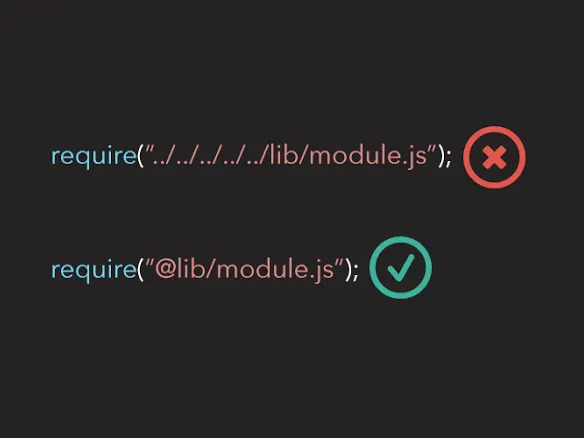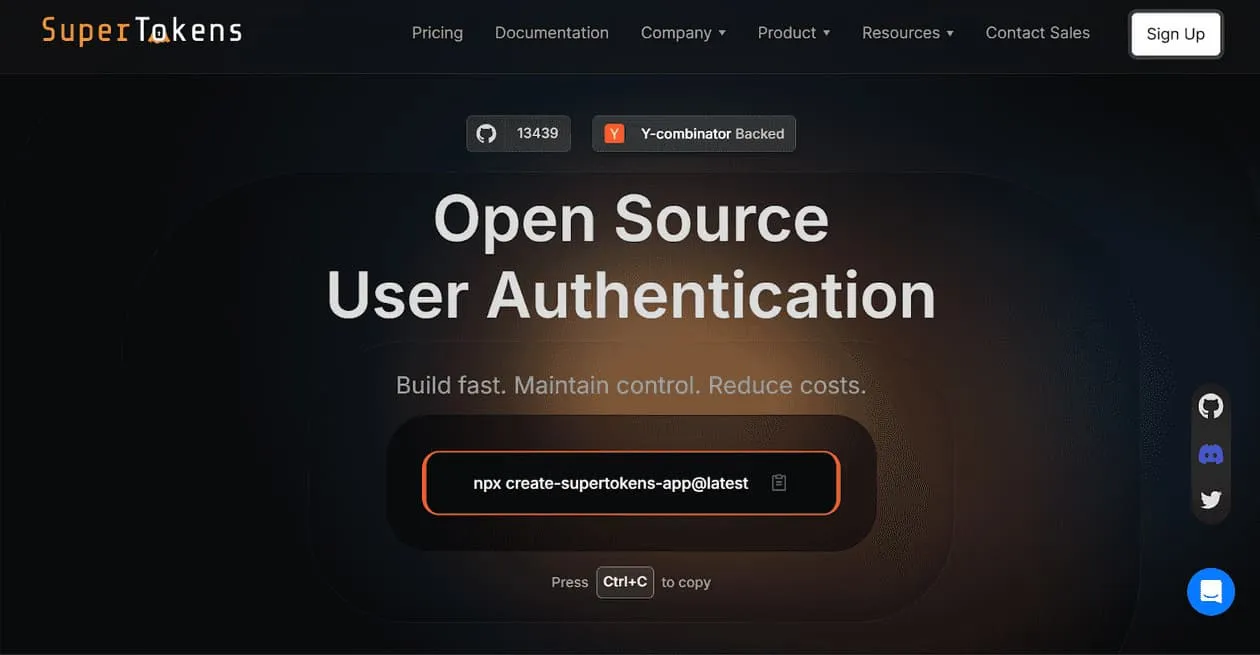In a Vue project, when a new version is released, users may continue to use the old version due to browser caching. Here are several solutions to achieve seamless updates:
Using File Hash Names (Webpack Default Configuration)
Vue CLI-based projects configured by default with Webpack have file content hash naming:
// vue.config.jsmodule.exports = { filenameHashing: true, // Default is true configureWebpack: { output: { filename: "[name].[contenthash:8].js", chunkFilename: "[name].[contenthash:8].js", }, },};This way, when the build content changes, the file name will change and the browser will request the new file again.
Adding Version Numbers or Build Timestamps
Add version identifiers in the entry file or global variables:
// main.jsconst version = process.env.VUE_APP_VERSION || "1.0.0";window.__APP_VERSION__ = version;// Check for version updatesif (localStorage.getItem("appVersion") !== version) { localStorage.setItem("appVersion", version); window.location.reload();}Using Service Worker for Automatic Updates (PWA)
If the project is configured with PWA:
// src/registerServiceWorker.js or src/main.js// Listen for update eventsif ("serviceWorker" in navigator) { navigator.serviceWorker.register("/service-worker.js").then((reg) => { reg.addEventListener("updatefound", () => { const newWorker = reg.installing; newWorker.addEventListener("statechange", () => { if (newWorker.state === "installed") { if (navigator.serviceWorker.controller) { // Detect new version and prompt user to refresh showUpdateNotification(); } } }); }); }); // Listen for controller changes navigator.serviceWorker.addEventListener("controllerchange", () => { window.location.reload(); });}Polling to Check for Version Updates
Create a version checking mechanism:
// utils/versionCheck.jsexport function initVersionCheck() { const checkInterval = 5 * 60 * 1000; // Check every 5 minutes const versionFile = `/version.json?t=${Date.now()}`; setInterval(() => { fetch(versionFile) .then((res) => res.json()) .then((data) => { if (data.version !== window.__APP_VERSION__) { notifyUpdate(); } }); }, checkInterval);}function notifyUpdate() { // Display update prompt and reload when confirmed by user if (confirm("New version found. Do you want to update immediately?")) { window.location.reload(); }}Using WebSocket for Real-time Notifications
For systems that need immediate updates:
// Establish WebSocket connectionconst ws = new WebSocket("wss://your-websocket-server");ws.onmessage = (event) => { const data = JSON.parse(event.data); if (data.type === "version_update") { notifyUpdate(); }};Automatically Generating Version Files during Packaging
Add version file generation in the build script:
// vue.config.jsconst fs = require("fs");const packageJson = require("./package.json");module.exports = { chainWebpack: (config) => { config.plugin("define").tap((args) => { args[0]["process.env"].VUE_APP_VERSION = `"${packageJson.version}"`; return args; }); }, // Generate version file after build afterBuild: () => { fs.writeFileSync("dist/version.json", JSON.stringify({ version: packageJson.version, buildTime: new Date() })); },};Best Practice Recommendations
- Recommended combination in production environment: Hash file names + Version check prompt
- Consider for critical systems: Service Worker + WebSocket real-time notifications
- User friendliness: Provide "Update later" option instead of forcing immediate refresh
- Version management: Keep synchronized with package.json version number
Implementation Example (Complete Solution)
// src/utils/versionChecker.jsexport function initVersionChecker() { // Initial set version const currentVersion = process.env.VUE_APP_VERSION; window.__APP_VERSION__ = currentVersion; localStorage.setItem("appVersion", currentVersion); // Check version updates const checkVersion = async () => { try { const res = await fetch(`/version.json?t=${Date.now()}`); const { version } = await res.json(); if (version !== currentVersion) { showUpdateNotification(version); } } catch (error) { console.error("Version check failed:", error); } }; // Scheduled check (once an hour) setInterval(checkVersion, 60 * 60 * 1000); // Check when page is displayed document.addEventListener("visibilitychange", () => { if (!document.hidden) checkVersion(); });}function showUpdateNotification(newVersion) { // Use UI library notification component or custom modal const confirmed = confirm(`New version ${newVersion} found. Do you want to update immediately?`); if (confirmed) { window.location.reload(); }}In main.js, initialize:
import { initVersionChecker } from "@/utils/versionChecker";initVersionChecker();After such configuration, your Vue application can achieve:
- Automatic update with file content changes (hash file names)
- Regularly check for version updates
- User-friendly update prompts
- Get the latest version without forced refresh



